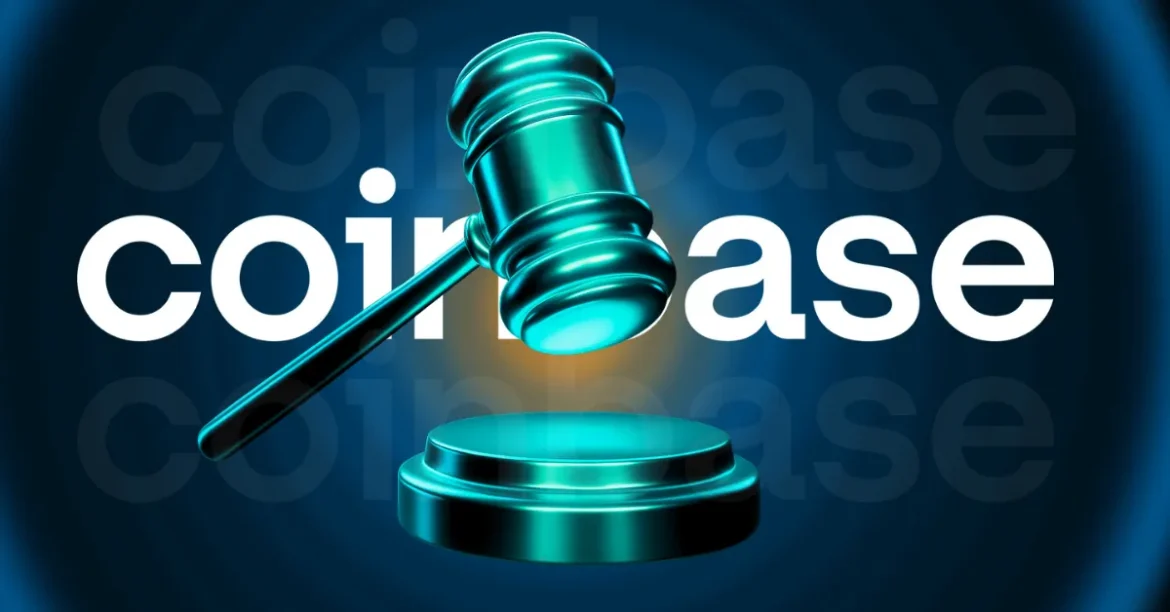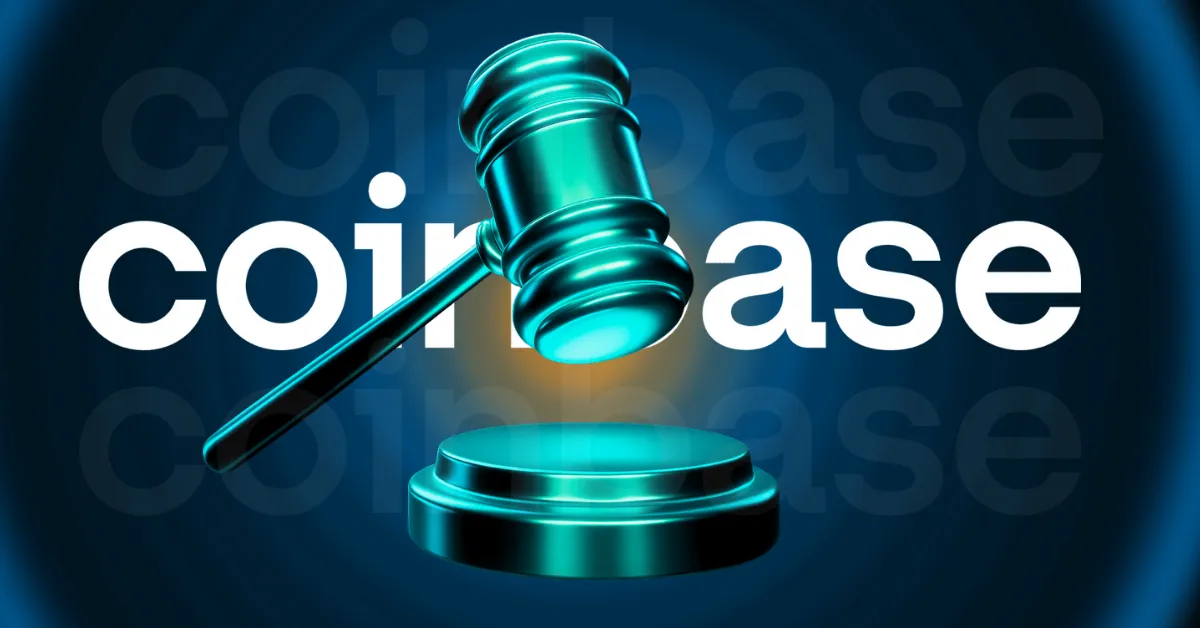Navigating the Coinbase vs. IRS Legal Battle: Privacy, Surveillance, and the Future of Crypto Transactions
The escalating legal conflict between Coinbase, the largest U.S. cryptocurrency exchange, and the Internal Revenue Service (IRS) spotlights a pivotal struggle over digital privacy, tax enforcement, and constitutional rights. At the heart of the dispute is the IRS’s sweeping demand for extensive data on Coinbase users, encompassing hundreds of thousands of cryptocurrency transactions, and the legal pushback arguing this overreach infringes upon the Fourth Amendment protections against unreasonable searches.
This case reverberates beyond the cryptocurrency world, potentially reshaping digital privacy norms for millions of users across the financial technology landscape. Examining the evolving narrative reveals the clash between regulatory authority and user privacy in the digital age.
—
The Core Conflict: IRS Summons vs. User Privacy Claims
The saga centers on Coinbase user James Harper, who challenged the IRS’s significant data subpoena that demands detailed transaction records related to his account. Harper contends that the IRS’s actions constitute an unreasonable search under the Fourth Amendment, which guards against government searches and seizures without probable cause or a warrant. He argues that his cryptocurrency transactions — though managed via a third-party platform — deserve robust privacy protections in line with evolving digital realities.
On the opposing side, the U.S. government, through Solicitor General D. John Sauer, insists Harper holds no reasonable expectation of privacy over information Coinbase legally maintains. The government, supported by lower courts, frames the IRS’s summons as a standard enforcement tool, essential to combat widespread tax evasion in the burgeoning and complex crypto market.
—
The Third-Party Doctrine and Its Digital Challenge
A critical legal principle underpinning the government’s position is the “third-party doctrine.” This doctrine, rooted in decades-old precedent, holds that individuals lose a reasonable expectation of privacy for information voluntarily given to third parties—such as banks or telephone companies—and thereby can be accessed by government agencies without a warrant.
Coinbase and privacy advocates argue this doctrine is outdated for modern digital data, especially when applied to highly sensitive, voluminous, and personal financial transaction records in the crypto realm. They urge the Supreme Court to revisit or dismantle the doctrine’s applicability in the digital age, warning that unchecked IRS demands amount to suspicionless “dragnet” searches affecting over half a million users, an unprecedented intrusion on privacy.
Moreover, Coinbase’s amicus brief and related advocacy emphasize that these bulk data seizures threaten fundamental constitutional safeguards, potentially setting a harmful precedent for mass surveillance not only in cryptocurrency but the broader digital ecosystem.
—
Coinbase’s Strategic Role and Broader Privacy Advocacy
Beyond defending Harper’s immediate case, Coinbase is positioning itself as a leader in the fight for digital privacy rights. It openly supports tax compliance but highlights the IRS summons as an overbroad and sweeping grab that cannot be reconciled with constitutional protections.
Alongside prominent allies such as Elon Musk’s social media platform X and multiple privacy groups, Coinbase’s actions signal a wider mobilization seeking clearer legal boundaries on governmental digital data requests. Their joint efforts underscore concern that existing laws and legal doctrines inadequately protect modern digital financial information, leaving users exposed to excessive government scrutiny.
—
Potential Implications of the Supreme Court Decision
The Supreme Court’s upcoming decision promises to be landmark. If it sides with the IRS, it could affirm expansive government access to digital financial records held by third parties, reinforcing the position that cryptocurrency transactions do not enjoy special privacy rights beyond traditional financial data.
Conversely, ruling in favor of Harper and Coinbase could drastically reshape privacy law in the digital space by requiring warrants or probable cause before agencies can access third-party digital data. This could bolster protection not only for cryptocurrency users but also for broader categories of digital data handled by banks, platforms, and other service providers.
Given the increasing digitization of finance and daily life, the Court’s decision could become a turning point in defining privacy rights in the 21st century.
—
The Broader Digital Age Debate: Privacy vs. Enforcement
Underneath the legalities lies a broader societal tension—how to reconcile legitimate tax enforcement needs with protecting individual privacy in an age where data footprints are vast and continuously collected by countless intermediaries.
The IRS’s motivation is clear: to close significant tax compliance gaps in the complex, rapidly expanding cryptocurrency market, which the agency views as a growing source of tax evasion. However, opponents warn that overly broad and suspicionless digital searches chill individual freedoms and open the door to mass government surveillance.
This case forces a confrontation with fundamental questions: How much privacy should digital users expect over data held by third parties? Do traditional legal doctrines apply cleanly to modern financial technologies, or is reform necessary? And where should the lines be drawn between enforcement and civil liberties?
—
Conclusion: Toward a Future of Balanced Digital Privacy and Compliance
The Coinbase vs. IRS Supreme Court battle stands as a defining moment for digital privacy law and the evolving relationship between individuals, technology platforms, and government agencies. It tests how enduring constitutional protections adapt—or falter—in the face of rapid technological change and new financial paradigms.
Coinbase’s challenge elevates not just a single user’s fight but a broad legal and cultural debate over privacy rights in a digital era fraught with complexities. The Court’s decision will carve out the contours of privacy, surveillance, and government power in cryptocurrency and beyond, setting precedent for the era of digital finance and data sovereignty.
Whether reinforcing existing enforcement tools or charting a new, privacy-centric path, this high-stakes case demands careful attention for its profound and widespread implications on the future of digital privacy and financial regulation.





